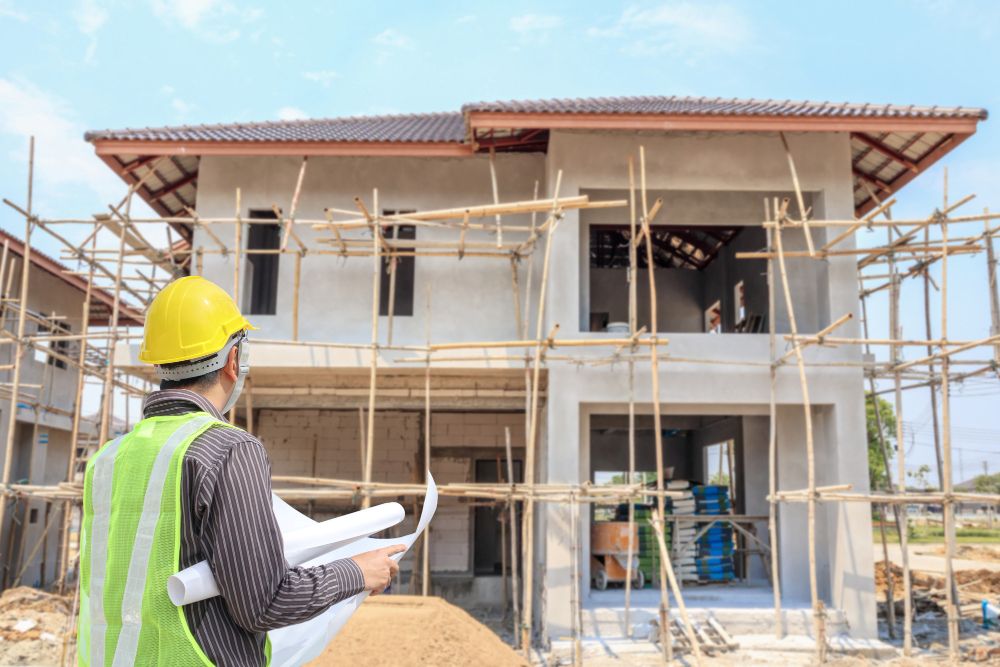
Urban Design Services That Meet Australian Green Building Standards
Discover how urban design services help meet Australian green building standards. Learn how Smart Planning and Design supports sustainable, compliant projects.
read more

For many Australians, building or renovating a home is one of the biggest milestones in life. Yet, before construction begins, there’s a crucial step: securing development approval. This process ensures that residential projects comply with local zoning, planning, and environmental rules.
At Smart Planning and Design, we understand how overwhelming council requirements can feel. Whether it’s a new subdivision, a duplex, or a home extension, our goal is to simplify the journey and help you achieve approval with confidence.
Development approval (DA) is the legal permission you need from your local council before starting a building project. It covers aspects such as:
Put simply, DA is your green light to build. Without it, projects risk costly delays or legal setbacks.
Not all home projects require DA, but most major developments do. Examples include:
If you’re unsure whether your project needs approval, our free planning advice service is a great place to start.

Before submitting, it’s essential to review your site’s zoning, overlays, and restrictions. This helps identify what’s possible and what’s not. A professional site analysis can prevent rejections later in the process.
Engaging with council early on can clarify requirements and smooth the path ahead. Our services include tailored planning advice that reduces risks and avoids surprises.
This is where detailed plans, drawings, and reports are compiled. Every council has specific requirements, and accuracy is crucial to avoid delays.
Once submitted, the council assesses your proposal for compliance with planning schemes, policies, and local laws. They may request modifications or additional information.
If approved, you’ll receive a permit outlining conditions that must be met during construction. If refused, there are usually avenues for appeal or revision.
The path to approval isn’t always straightforward. Homeowners often face:
These challenges can feel daunting, but with the right guidance, they become manageable.
Our role is to take the stress out of the approval process. We:
Explore some of our successful projects to see how we’ve helped homeowners achieve their goals.
Working with a planning expert brings peace of mind. Some key benefits include:
Securing approval for a residential development can be complex, but it doesn’t have to be stressful. With the right preparation, advice, and expert support, you can move forward smoothly and start building sooner.
At Smart Planning and Design, we’re committed to guiding homeowners and developers through every stage—from site analysis to final approval. Ready to start? Explore our services or get free planning advice today.

Discover how urban design services help meet Australian green building standards. Learn how Smart Planning and Design supports sustainable, compliant projects.
read more

Discover the benefits of mixed-use developments in town planning Australia. Learn how they boost convenience, sustainability, and community connection.
read more

Discover why feasibility studies are essential in town planning Australia. Learn how they save time, reduce risks, and improve approval chances.
read more